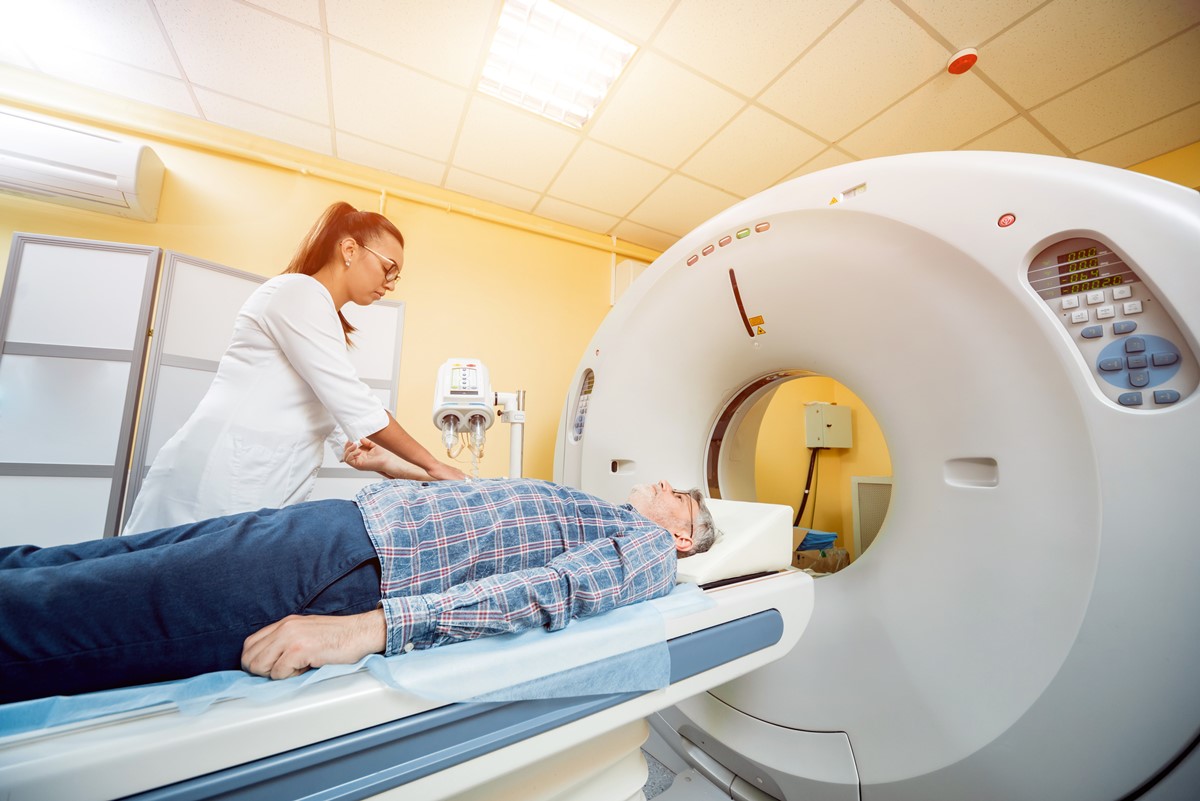MRI (Magnetic Resonance Imaging) scans can be used to examine almost every part of the body more closely.
Bones, joints, internal organs, blood vessels, the brain, the spinal cord, and the breasts can all be seen closely on these scans, which use radio waves and strong magnetic fields to allow medical professionals to visualize the inside of your body in a great amount of detail.
MTI scans can even safely be used during pregnancy, and do not cause patients who undergo them to be exposed to X-rays.
This does not, however, mean that MRI scans are without risks, or that everyone can undergo an MRI scan.

Who Might Not Be A Good Candidate For An MRI Scan?
You may not be able to undergo an MRI scan if:
- You have a pacemaker, a nerve stimulator, or another implanted medical device.
- You could possibly have metal in your body, whether due to surgery, because you work with metal and may have some embedded somewhere as the result of a work accident, or because you have ever been shot.
Always let your MRI tech know if either of these conditions may apply to you, and your medical team can run further tests or determine the model of your medical device or the nature of any metal in your body to ensure that you can indeed safely have an MRI scan.
Diabetics and people with kidney disease are especially likely to experience complications from encountering contrast dye, so again, let your healthcare team know if this applies to you — even if you expect them to be fully aware of your medical history.
Other Potential Risks Associated With MRI Scans
MRI scans may also rarely:
- Lead to skin burns in patients undergoing them, due to wires in the patient's vicinity or on their body. Remaining completely still during the procedure and not touching the sides of the MRI tube helps prevent this unpleasant but not usually dangerous complication.
- Lead your core body temperature to rise during longer sessions, something that in practice tends to almost exclusively affect infants.
- Lead to asphyxiation, should the magnetic field be turned off by accident or in a pre-planned manner, as the liquid helium used can assume a state of gas. (This is an exceedingly rare event.)
Finally, many people experience the MRI process as claustrophobia-inducing. Some people with preexisting anxiety disorders may experience a full-blown panic attack while having an MRI scan. However, your tech will communicate with you throughout the scan, reducing your feeling of isolation and fear. People who are especially nervous should make this known in advance, so that the medical team can take additional steps to keep you comfortable.
Can You Experience Pain During And After MRI Scans?
As some SteadyHealth readers asked about possible causes of pain during and after MRI scans, we will also address this question.
It is quite possible that lying immobile in the same position for a longer amount of time, and involuntarily tensing your muscles as you are doing your very best to be as still as your tech is asking you to, is the cause of the pain many patients experience during and after MRI scans.
In this case, the pain should subdue within a few days to a week, and is not serious in nature.
READ Can MRI Scans Lead to Unnecessary Breast Surgery?
Stress is another possible cause — you may experience the scan itself as stressful, or may be worrying about the potential diagnoses the scan could reveal.
In addition, some patients find themselves in a heightened state of awareness of all kinds of physical sensations following an MRI scan, for similar reasons.







_f_280x120.jpg)








